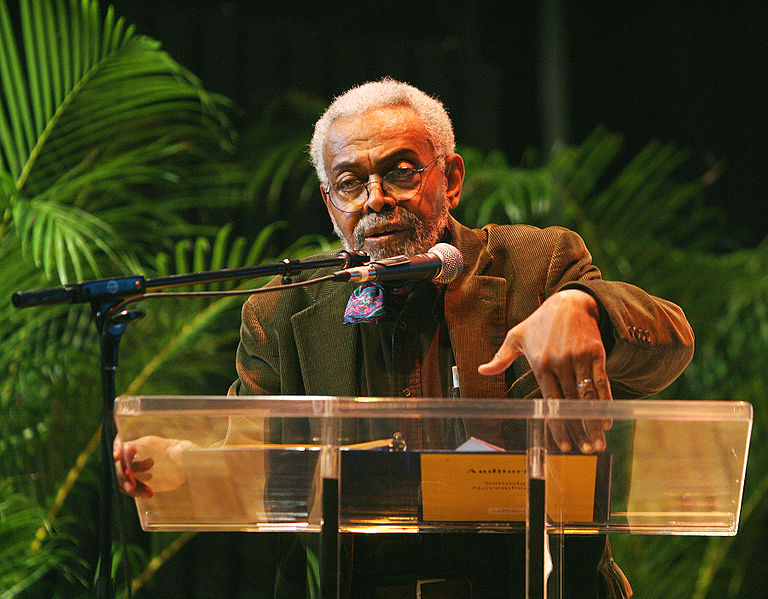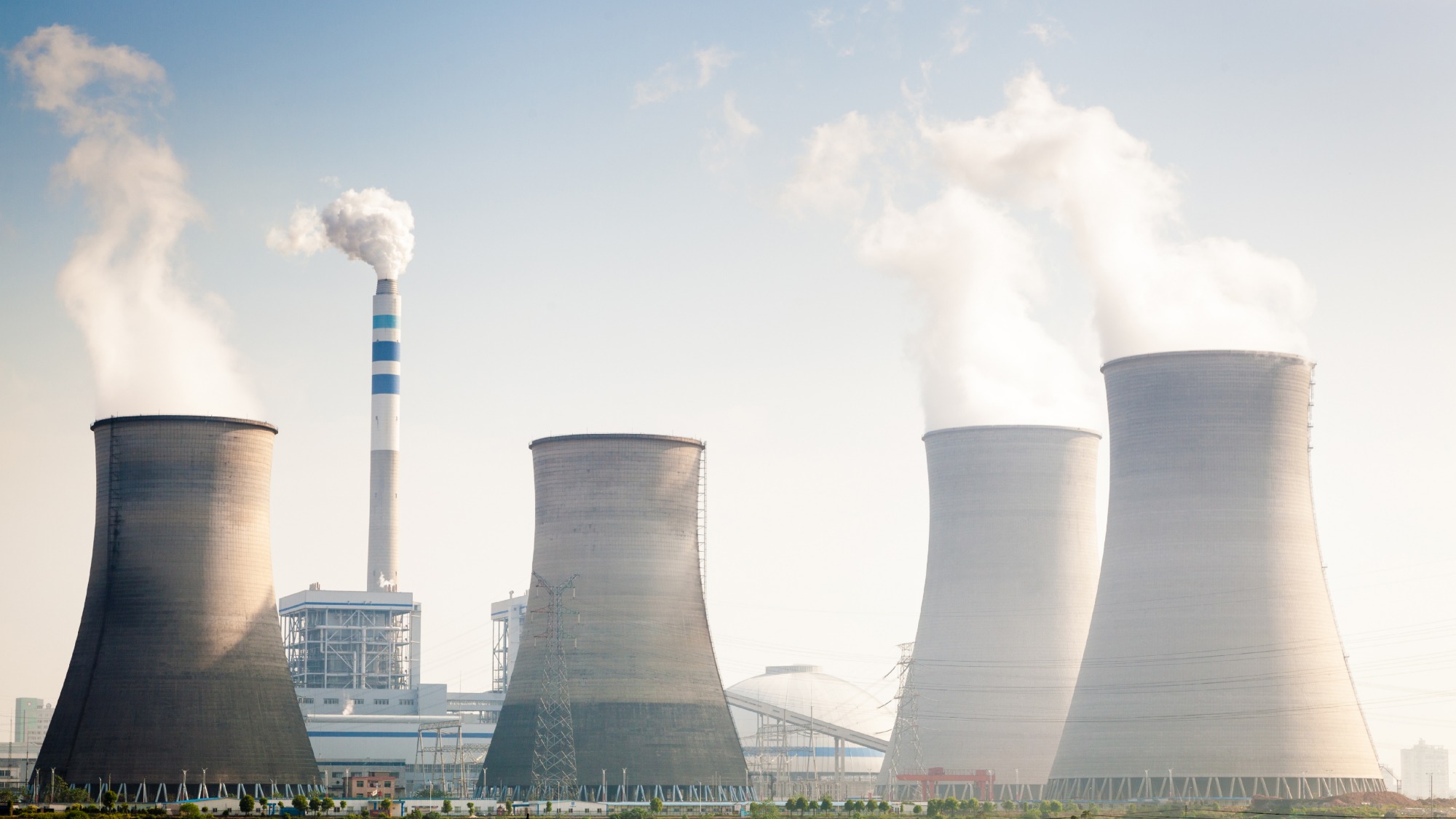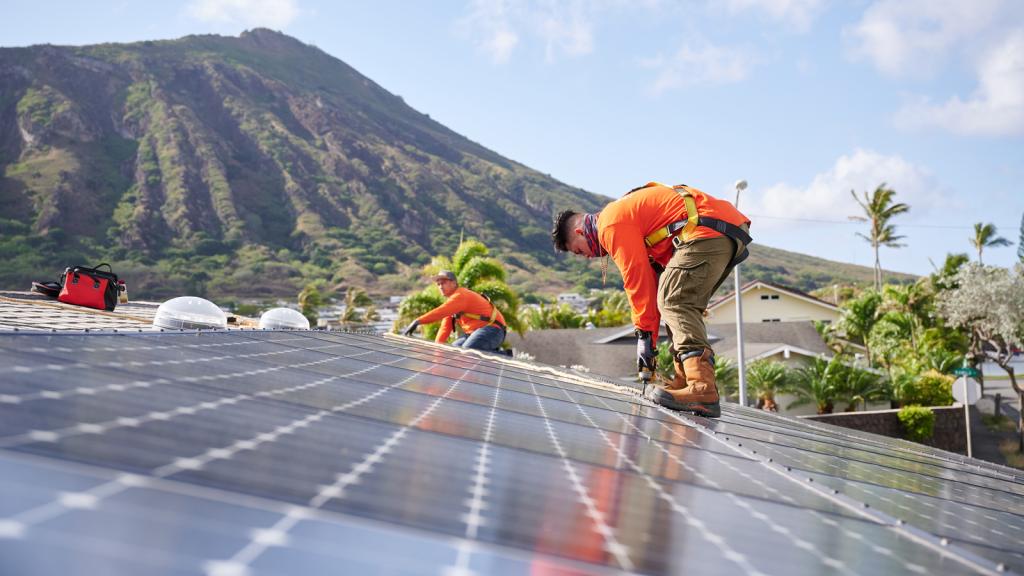More than 300 environmental, peace, and anti-nuclear groups and leaders published an open letter this week urging four prominent climate scientists to stop “embracing nuclear power” as a tool for curbing climate-changing pollution.
In response, one the four scientists reaffirmed his reluctant support for nuclear power, denying that he embraces the technology, but saying there’s “no justification” for claims it could never become safe or affordable.
The debate among environmentalists over nuclear power flared up in November, when the four scientists published a letter calling for increased development and deployment of “safer nuclear energy systems.” The letter was written by some of the climate community’s best and brightest: NASA scientist-turned-activist James Hansen, Ken Caldeira of the Carnegie Institution for Science, Kerry Emanuel of MIT, and climatologist Tom Wigley.
That letter triggered a cavalcade of opinion articles, many of them arguing that nuclear power is too dangerous and much more expensive than wind and solar power. And now many critics of the scientists’ arguments — from tiny groups to big ones like Greenpeace USA and the Environmental Working Group — have united to voice their opposition in this new letter. Here are some highlights:
We respectfully disagree with your analysis that nuclear power can safely and affordably mitigate climate change.
Nuclear power is not a financially viable option. Since its inception it has required taxpayer subsidies and publically financed indemnity against accidents. New construction requires billions in public subsidies to attract private capital and, once under construction, severe cost overruns are all but inevitable. As for operational safety, the history of nuclear power plants in the US is fraught with near misses, as documented by the Union of Concerned Scientists, and creates another financial and safety quagmire — high-level nuclear waste. Internationally, we’ve experienced two catastrophic accidents for a technology deemed to be virtually ‘failsafe’. …
Moreover, due to the glacial pace of deployment, the absence of any possibility of strategic technological breakthroughs, and the necessity, as you correctly say, of mitigating climate risks in the near term, nuclear technology is ill-suited to provide any real impact on greenhouse gas emissions in that timeframe. On the contrary, the technologies perfectly positioned now, due to their cost and level of commercialization, to attain decisive reductions in greenhouse gas emissions in the near term are renewable, energy efficiency, distributed power, demand response, and storage technologies.
Instead of embracing nuclear power, we request that you join us in supporting an electric grid dominated by energy efficiency, renewable, distributed power and storage technologies.
Grist asked the climate scientists for a response, and here’s an email we received from Caldeira:
It is time for people to rethink their positions on nuclear power, and make arguments based on facts rather than prejudices.
Any good scientist and any good citizen should be constantly re-examining their positions, so the basic call for us to rethink our position on nuclear power is most welcome. I hope that the signers of this Civil Society Institute letter can bring themselves to re-examine the nuclear power issue with the same objectivity and lack-of-bias that they seek from us.
The letter confusedly suggests that I “embrace nuclear power”, and implies that I somehow discount the importance and potential of solar, wind, and efficiency. I cannot speak on behalf of my colleagues, but at least in my case, these claims are far from the truth.
We embrace things that we love. I don’t love nuclear power. Nuclear power has brought us Chernobyl and Fukushima. If the current industry were scaled up enough to solve the climate problem, there would be one such accident each year — and that is clearly unacceptable. Were I king of the world, I would decree that solar, wind, and efficiency would be the primary means we deploy to solve the climate problem.
But there is no energy storage system that works at the scale of the modern megalopolis. We need a way to power civilization when the sun is not shining and when the wind is not blowing. In a modern real economy, not ruled by benevolent kings, reliable power is required at competitive prices. There are very few technologies that can provide this reliable baseload power. Fossil fuels and nuclear power are the two leading candidates. I think an objective assessment of the facts shows that fossil fuels are far more dangerous than even today’s nuclear power.
But I do not defend today’s nuclear power industry. Even though most nuclear power plants have an excellent safety record, there are an important few that do not. There is no justification for the claim that this important type of electricity generation can never be made sufficiently safe and inexpensive.
To say that an entire category of technology can never be sufficiently improved is, I think, to adopt a position of technological myopia, where one lacks to the capacity to imagine that future technologies can differ substantially from today’s technologies.
I do not embrace nuclear power. There is no power source that one wants to embrace. They all have negative consequences. I do not want a solar PV factory, a massive wind turbine, or a nuclear power plant in my back yard. But I want the juice. The question is not about what power source I embrace, but about what power source I might think myself capable of not rejecting. Many people want to reject power sources, but want the juice that comes from those power sources.
In summary, I applaud the signers of the Civil Society Institute letter for their concern regarding climate change and for their support of solar, wind, and efficiency. Their call for us to rethink our positions on nuclear power is most welcome, and I ask only that they rethink their position with respect to nuclear power with the same degree of receptivity and objectivity that they ask of us.



